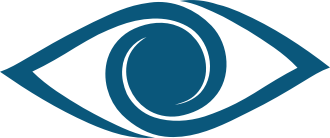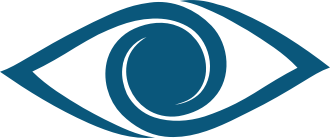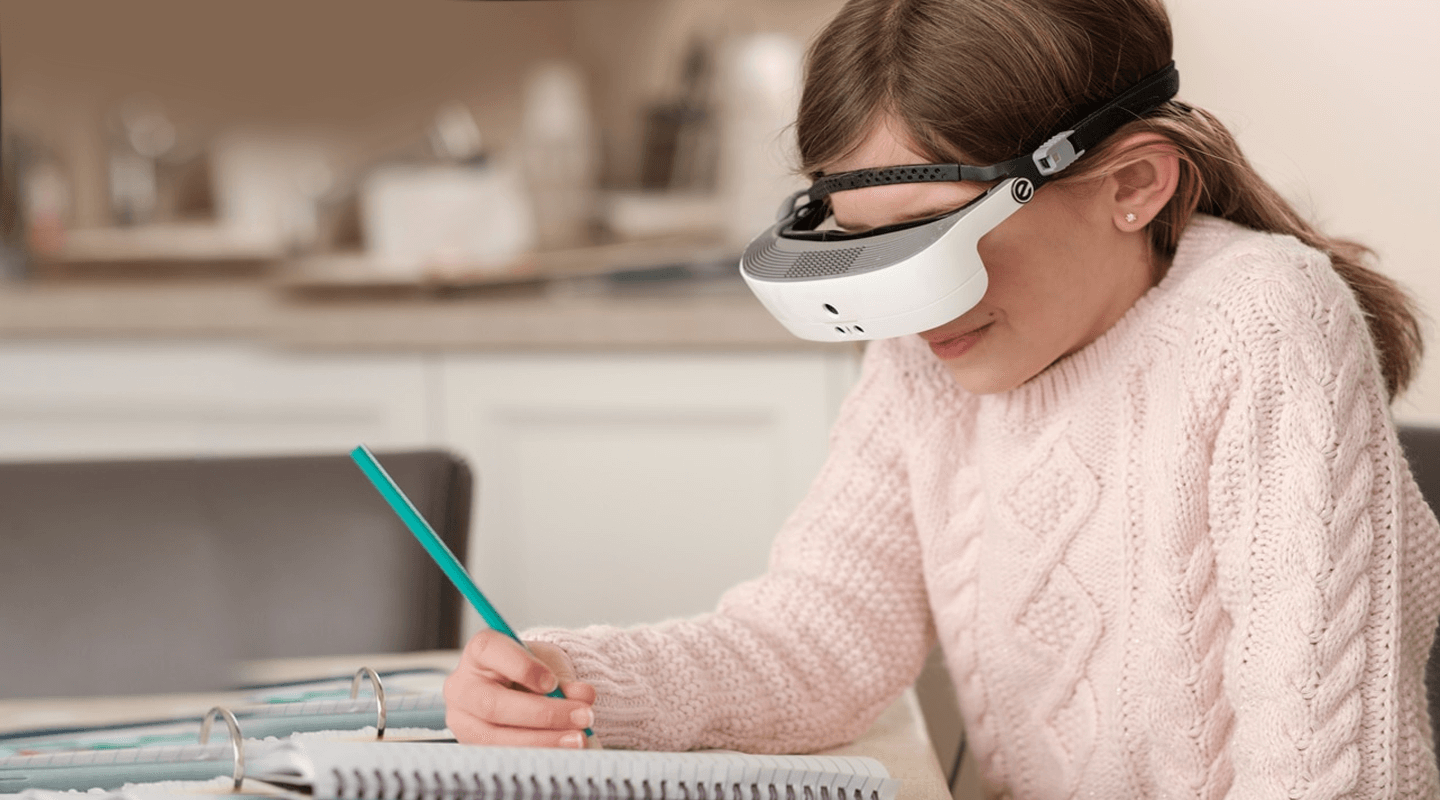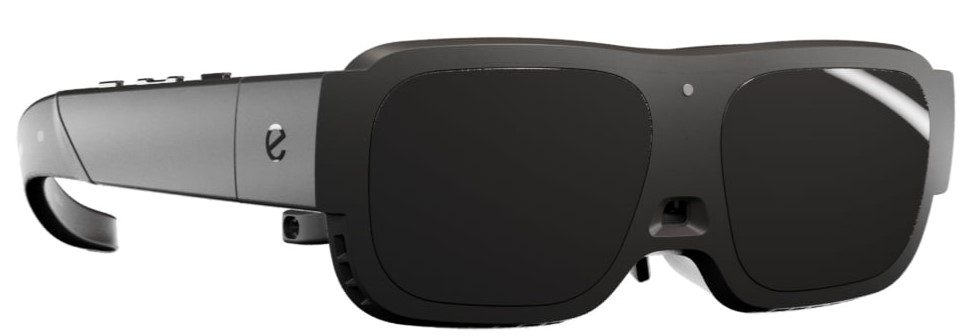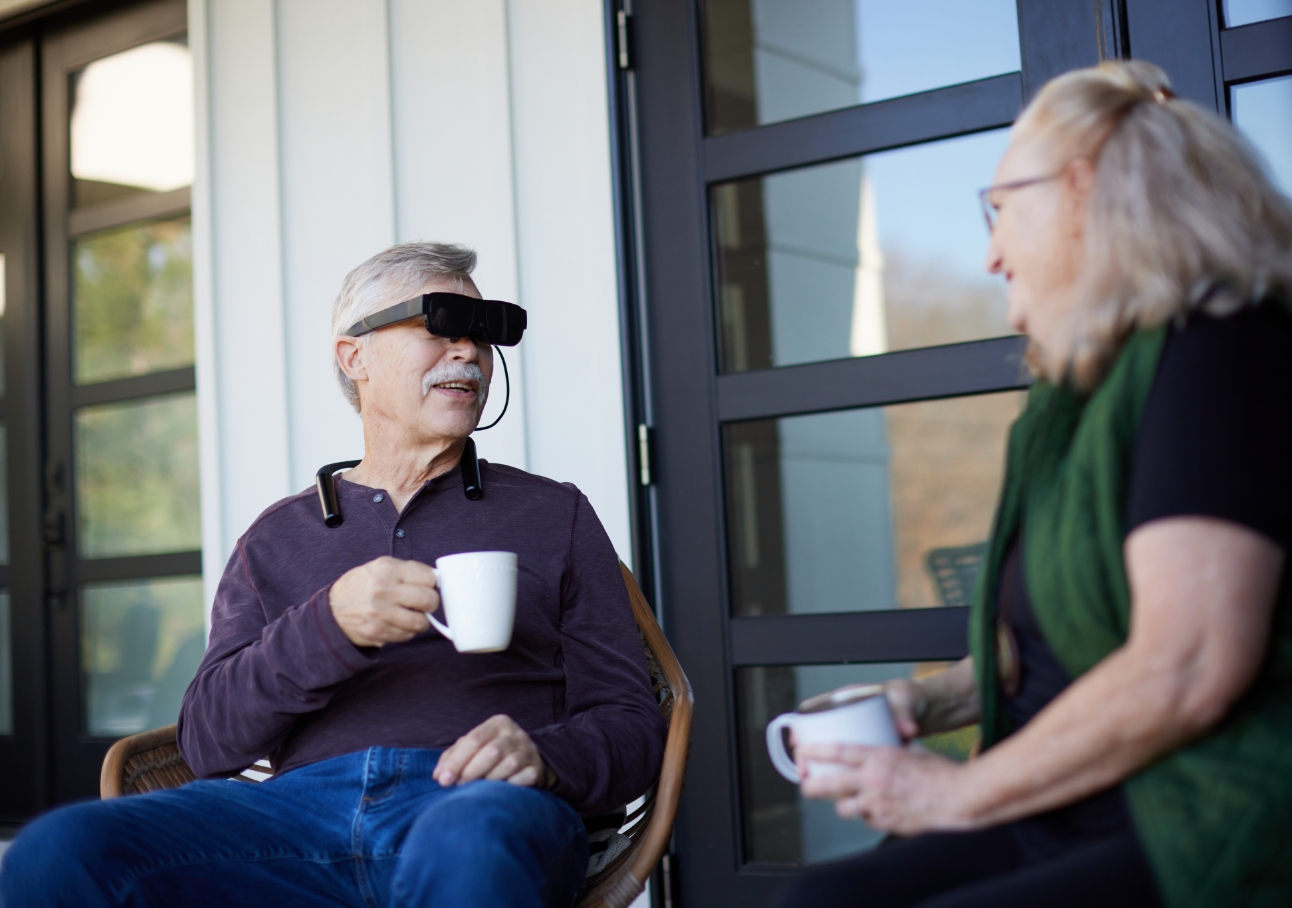Living with low vision can make everyday tasks challenging, but the right care and tools can help patients remain independent and maintain quality of life. Our specialists provide comprehensive, individualized solutions for each patient’s unique needs.
Benefits of Low Vision Services
- Greater independence through adaptive training and personalized strategies
- Enhanced quality of life and renewed confidence in daily routines
- Access to advanced tools such as bioptic lenses, magnifiers, and electronic assistive devices
- Individualized rehabilitation plans based on diagnosis, lifestyle, and visual goals
- Support for family members to better assist loved ones with low vision

